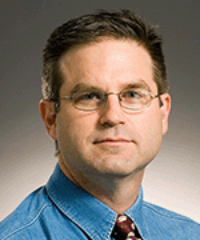Future Livestock Systems & Resilience
Future Livestock Systems research explores the transition from more vulnerable livestock systems, which struggle to address increased demands for food, to systems that foster equitable wealth, food security, and nutrition. Its modeling and analytical tools are useful to evaluate technologies and inform management and policy scenarios into the future. With information based on analysis of complex local to regional choices, policymakers and other stakeholders can seek solutions to meet the needs of dynamic populations and environmental conditions.
USAID defines resilience as “the ability of people, households, communities, countries, and systems to mitigate, adapt to, and recover from shocks and stresses in a manner that reduces chronic vulnerability and facilitates inclusive growth.” One way to promote resilience is through research that anticipates future shocks and stresses. By considering these two strands jointly, we seek to promote their integration across our research portfolio.






